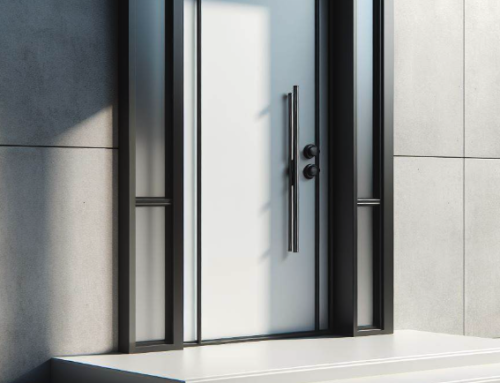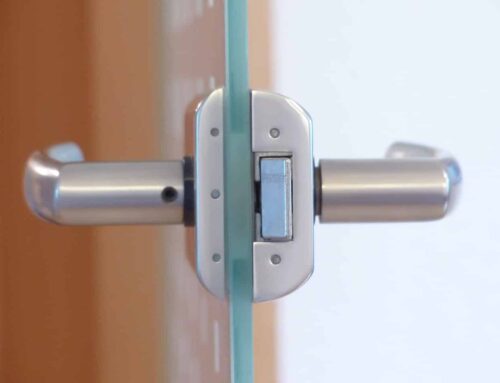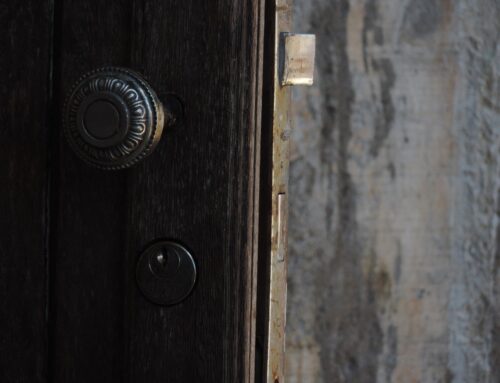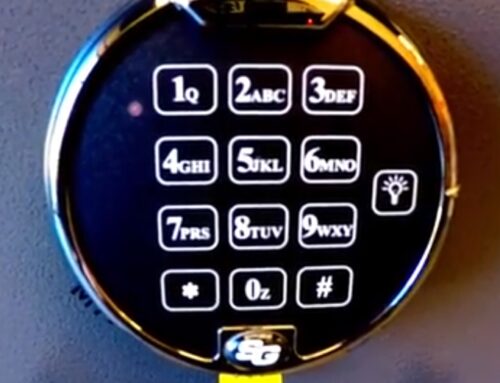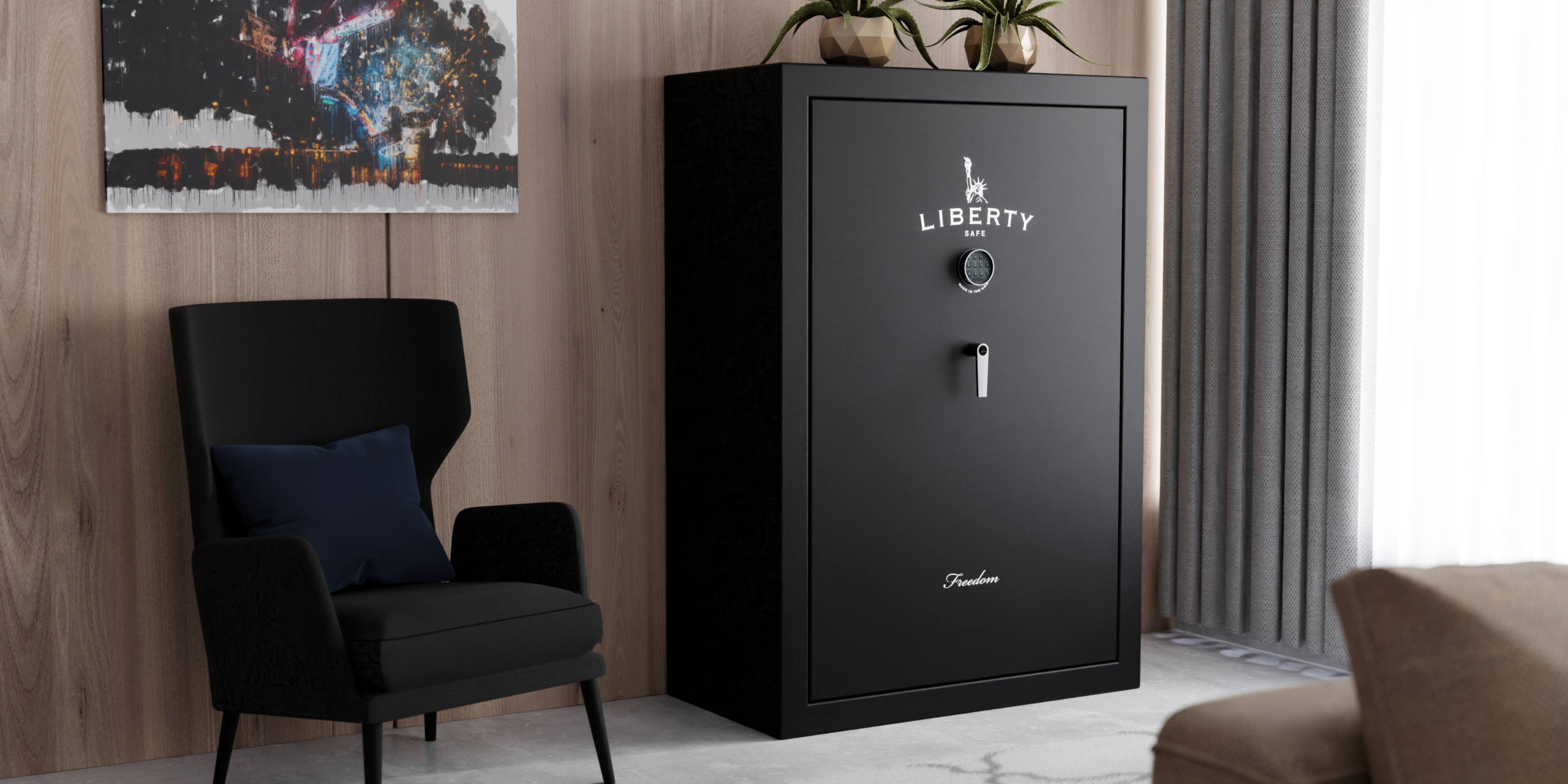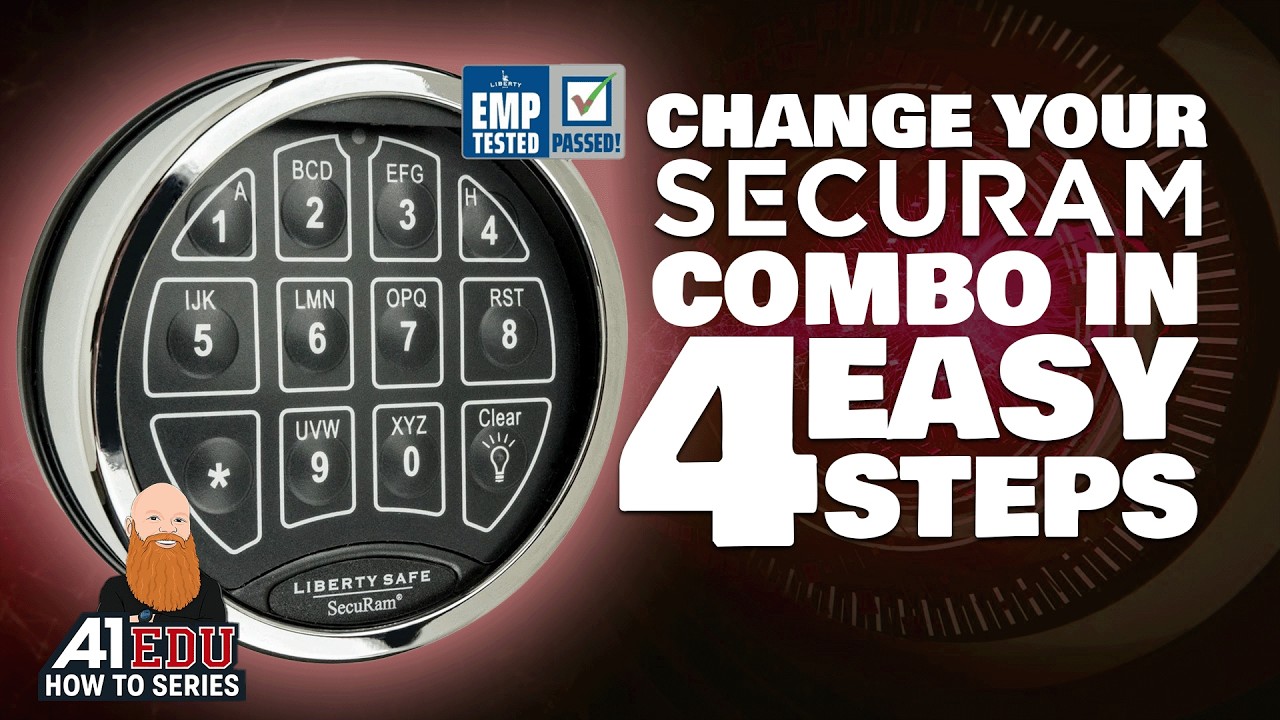It seems as if everywhere you look nowadays technology is bringing added convenience, and efficiency to our lives. Household goods from laundry soap to tissues can be ordered with the click of a button. Forget fussing with paper maps or printing or writing out directions; with interactive maps on your phone, turn-by-turn directions are available at the click of a finger. And when it comes to security in places like your vehicle, keyless entry via an electronic lock has gone from an optional accessory to a standard feature, seemingly overnight.
The latest technological advancement to hit the security market has homeowners cautiously optimistic. So called “smart” door locks, and doorbell systems promise all the benefits of a fully integrated, hands-free locking and alarm arming and disarming system and are being touted as the greatest advancement to home, and business security in decades. While these claims certainly seem attractive, when it comes the safety, and security of your most valued possessions, are these locks really as “smart” and secure as they claim?
Different Communication Methods Bring Varying Concerns
Before we can delve into the safety of smart locks, and doorbells, it’s important to understand the three main types of technology that most systems operate from. For communicating between a phone based app, and your lock, most smart security systems use either Bluetooth, Z-wave, and Wi-Fi. Each of these systems have their plusses, and minuses.
For example, both Bluetooth and z-wave are limited by distance, typically within 120 feet or, so of the device. Z-Wave, and Wi-Fi both require separate hardware to be stored or plugged in near your smart door lock system and all three systems are powered via battery if not hardwired.
Can Smart Systems Be Compromised
While it seems only natural that customers would be concerned about the integrity of smart, wired, door locks, and doorbells given the daily news stories regarding hacking and internet security, in reality smart systems are as safe, and secure as traditional locks, if not more so. Most smart systems still have an option for manual entry, and communications with the electronic portion of the device are typically very secured. Another point to consider is that the majority of break ins that are forced entries don’t occur as a result of a picked, or in this case, hacked system but by kicking in windows or doors.
The Bottom Line is all About the Right Product (and Partner)
You may be asking what the benefits are to smart system, or if they really are more useful/safer than traditional door locking systems. The answer to that is: it depends. This is where choosing the right security partner is critical. A qualified, and experienced locksmith will be able to evaluate your family or business’ needs, and suggest a product that not only adds convenience but also an extra layer of security.
Many intruders will canvas neighborhoods or try out multiple homes, typically by testing whether doors are locked, and whether there is visible presence of any alarms. Many smart door lock systems can be monitored remotely, providing information such as whether the deadbolt is engaged, and alerting users when a door has been opened or a lock manually disengaged. This can provide many homeowners with peace of mind that their property is safe, and secure, and won’t end up easy pickings for a would-be thief.
Experienced locksmiths, and security professionals, such as those at A-1 Locksmiths, know the ins, and outs of all the various smart lock and doorbell systems available on the market. Certain smart locks have known security bugs while others require extensive alteration to existing door structure. A knowledgeable locksmith, independent certified, and licensed, has the extensive knowledge, and experience necessary to provide this type of information to you, their customer, in order to help select the system that fits your family or business. Whether a traditional deadbolt or a modern smart lock, call A-1 for a consultation for all of your security needs.
